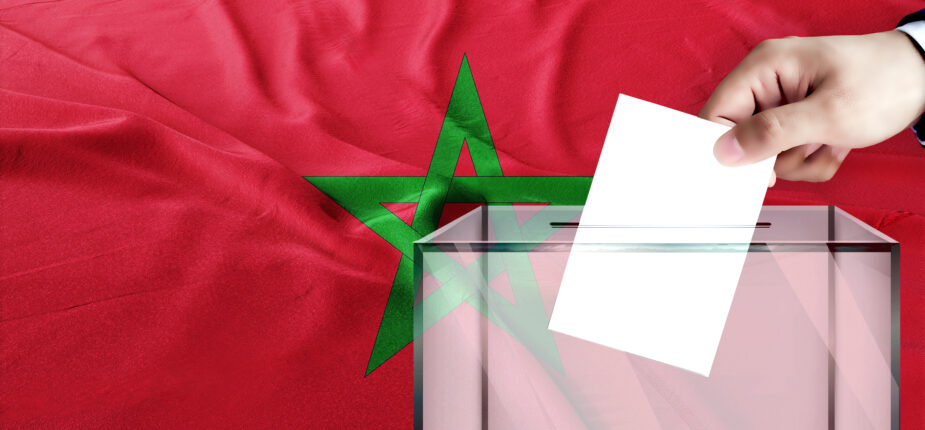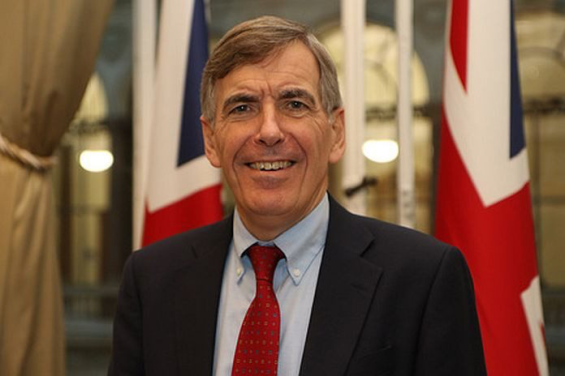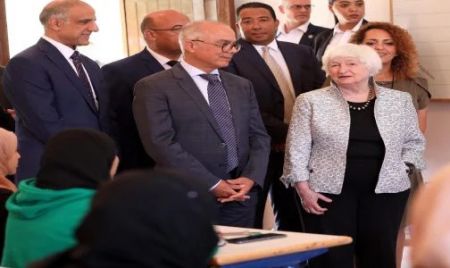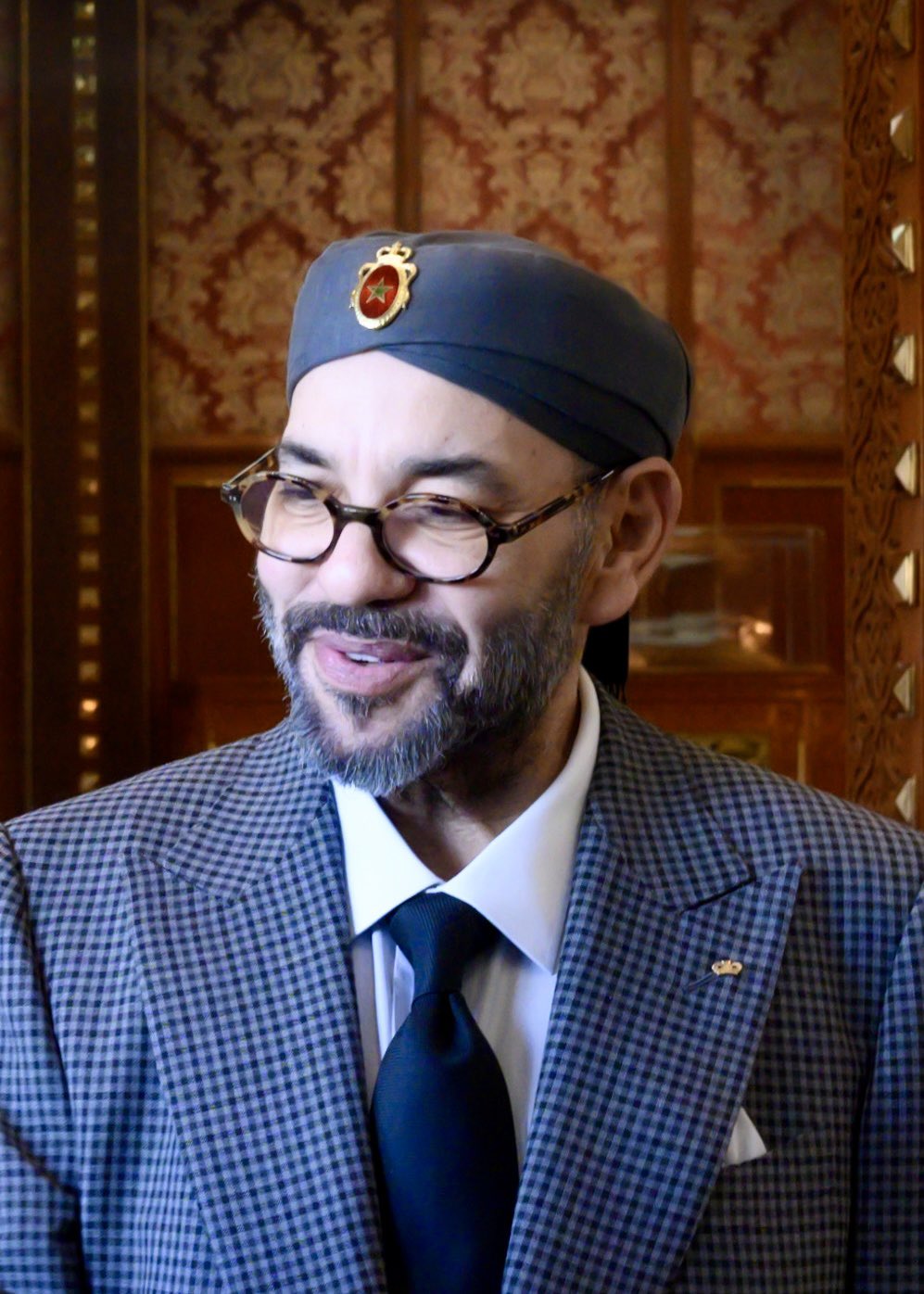 Several major economic and social challenges are awaiting the next government to be formed in Morocco following the landslide victory scored by the liberal parties to the detriment of the moderate Islamist PJD party in the parliamentary, regional, and local elections held September 8.
Several major economic and social challenges are awaiting the next government to be formed in Morocco following the landslide victory scored by the liberal parties to the detriment of the moderate Islamist PJD party in the parliamentary, regional, and local elections held September 8.
According to the latest results of the counting of the ballots, the National Rally of Independents (RNI) gained 102 of the 395-seat parliament, the Authenticity and Modernity Party (PAM) won 87, while the Istiqlal Party (oldest political formation) got 81 seats.The socialist USFP won 34, while MP took 28 seats, the PPS 22 seats, and the UC 18.
The PJD, which headed the government coalition for a decade, suffered a major defeat, taking only 13 seats against 125 seats in the outgoing Parliament.
Ten seats went to smaller parties: 5 to MDS, 3 to FFD, and one seat to the FGD and PSU.
Turnout in the Sept.8 elections improved to 50.38 pc, up from 43 pc in 2016, showing that the voters are looking for change and contributing increasingly to the strengthening of democratic process engaged in the country.
According to the Moroccan Constitution, the Head of Government is chosen by the King from the party that won the most seats in parliament, who will then form a cabinet and submit it for the Monarch’s approval.
The next coalition government is expected to focus on the implementation of the new development model worked out by experts from government, private sector, academia, and civil society.
In November 2019, King Mohammed VI set up a special committee for the elaboration of this new development model through a large consultative process and inclusive approach, putting the Moroccan citizen at the heart of all social, economic, political, cultural initiatives.
In May 2021, the Committee’s chief Chakib Benmoussa submitted a detailed report to the King who has stressed the need to give new impetus to Morocco’s development efforts in order to meet the legitimate aspirations of the people to a prosperous state and efficient civil service.
The report outlines key findings which include diagnoses, forecasts and projections up to 2035, strategic transformation axis, and key levers of transformation to lead the change in the kingdom.
All political parties have contributed to this report, seen as a roadmap for sustainable development and inclusive economic growth. During their electoral campaigns, the parties also committed to the implementation of the new development model and goals.
The last couple of years were full of challenges, generated by covid-19 pandemic, its impact on the country’s economy, education, employment… in addition to the geopolitical instability, regional plots to undermine Morocco’s territorial integrity following the American recognition of the Moroccan sovereignty over its Sahara.
According to some analysts, the next government will build on the success of the immunization campaign rolled out against covid-19 to secure the Kingdom’s vaccine sovereignty with the local manufacturing of vaccines.
Moroccan voters are looking for better education, training and a fair access to health care services as the outbreak of the coronavirus has highlighted hurdles in almost every element of the healthcare value chain, including supply chains, preventive medicine, primary care and hospitals.
Improving educational programs to better serve all students in both rural and urban zones, addressing unemployment, supporting economic recovery and social safety net will also be among the top priorities of the new government.
Voters and businesses are looking to the upcoming government to help them navigate and emerge stronger from these socioeconomic challenges as Morocco continues advancing and attracting foreign investments thanks to its political stability, resilience, open economy and dynamic private sector.



